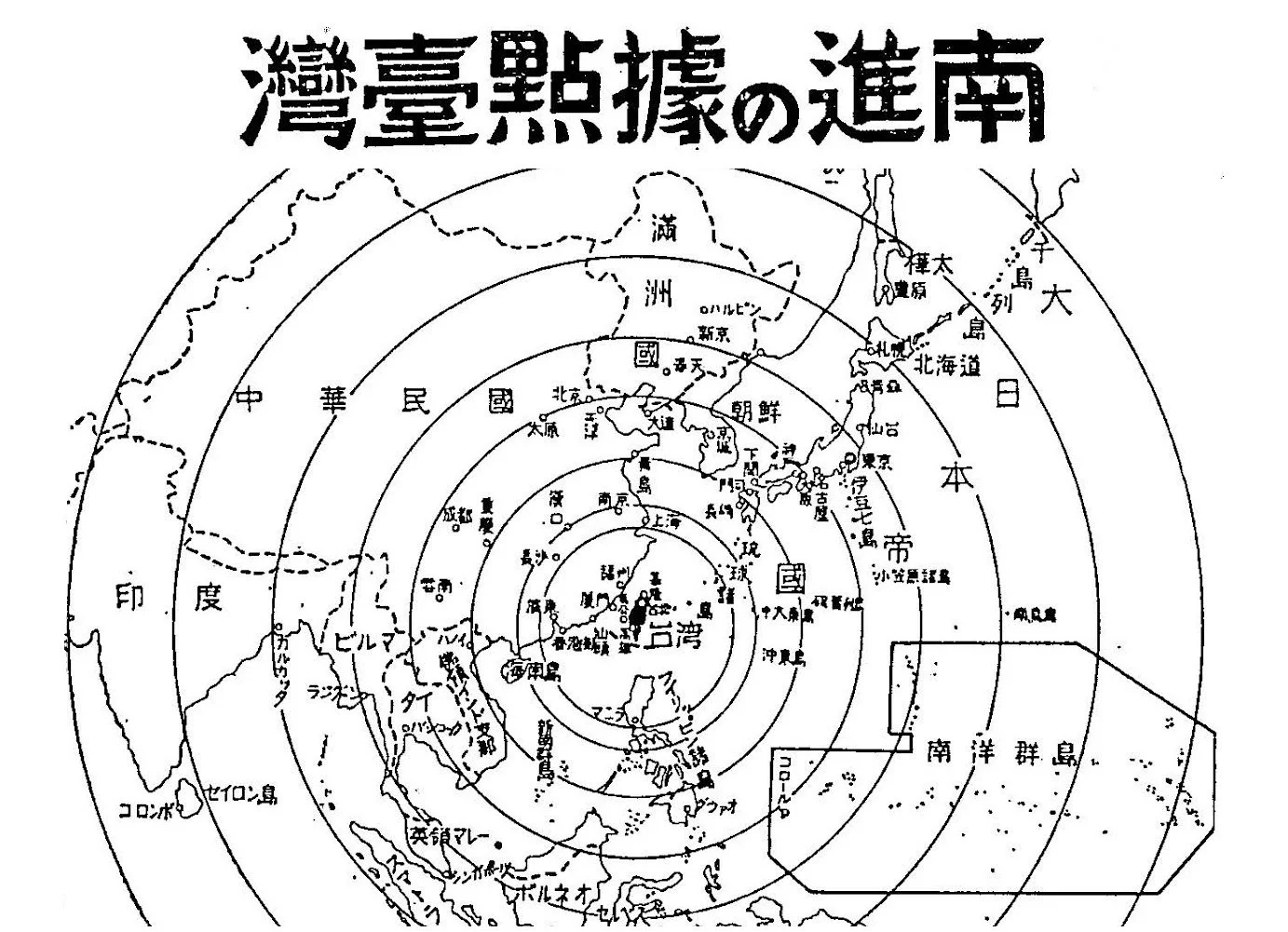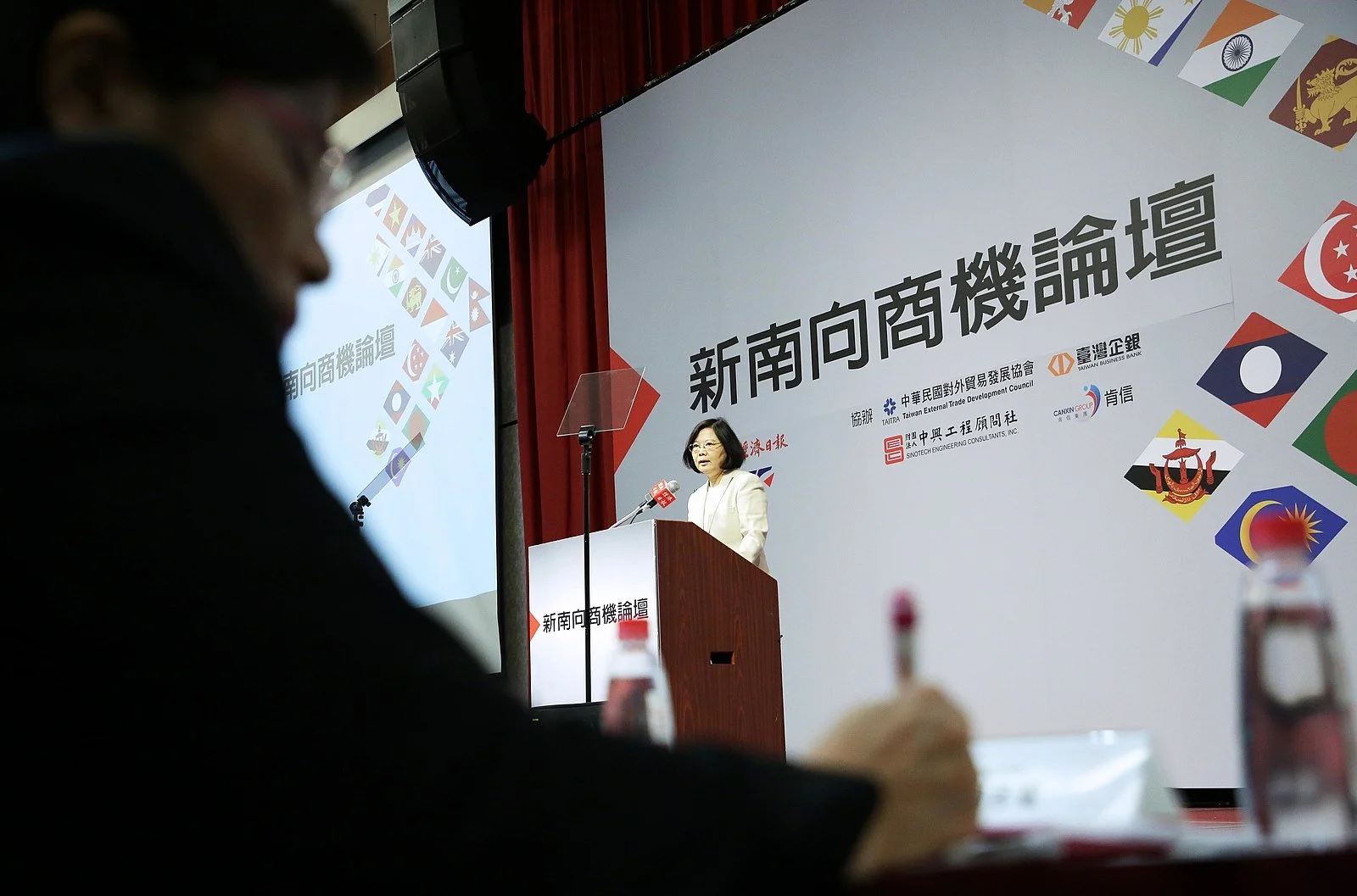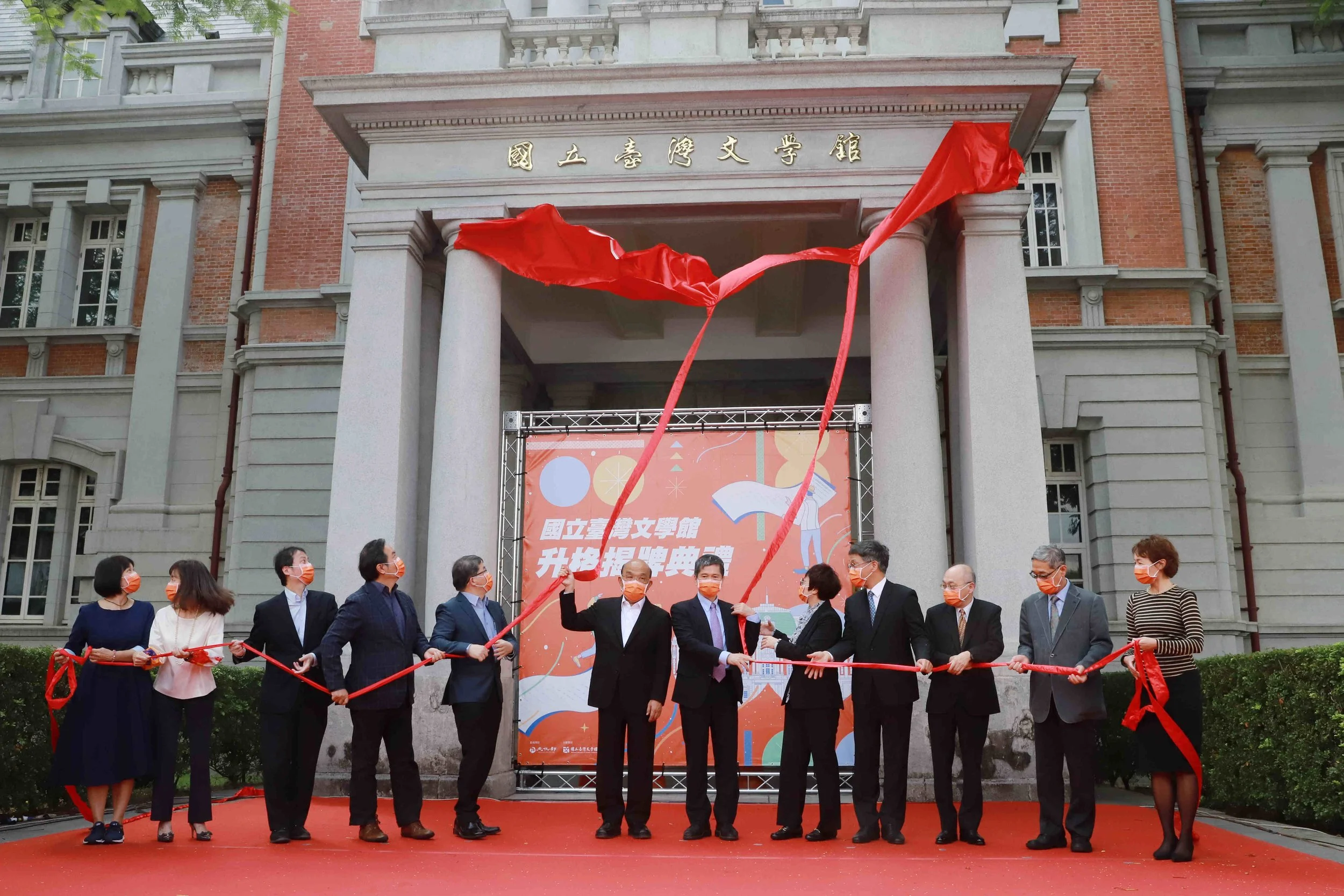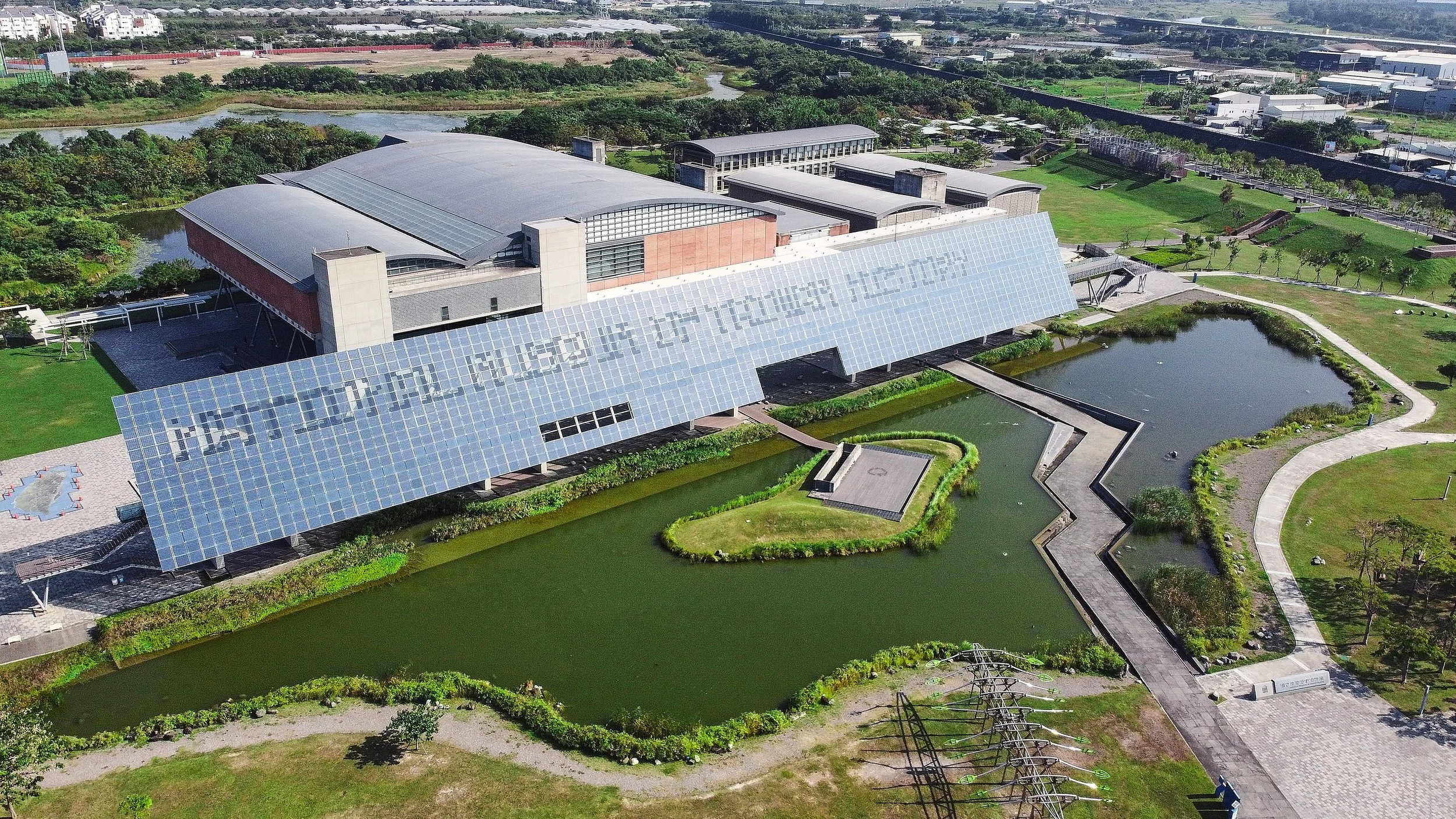The Taiwan Gazette translates and publishes original reporting from Taiwan, Hong Kong and China. Our goal with the platform is simple: We want original reporting from the Sinosphere to have a wider impact on global civil society.
All tagged in-depth interview
Between Western Theories and Asian Contexts: A Graduate Student Workshop with Minwoo Jung (Part 3)
In October 2022, a graduate student workshop was conducted with Professor Jung. In the workshop, Professor Jung shared his experiences of conducting field research in multiple Asian countries, as well as his journey as an international student and Asian scholar in North America and his involvement with queer activism and scholarship.
Juggling Research, Activism, and Social Justice: A Graduate Student Workshop with Minwoo Jung (Part 2)
In October 2022, a graduate student workshop was conducted with Professor Jung. In the workshop, Professor Jung shared his experiences of conducting field research in multiple Asian countries, as well as his journey as an international student and Asian scholar in North America and his involvement with queer activism and scholarship.
Conducting Multi-Sited Ethnography in Asia: A Graduate Student Workshop with Minwoo Jung (Part 1)
In October 2022, a graduate student workshop was conducted with Professor Jung. In the workshop, Professor Jung shared his experiences of conducting field research in multiple Asian countries, as well as his journey as an international student and Asian scholar in North America and his involvement with queer activism and scholarship.
Mediating Japan’s Southern Advance: An Interview with Seiji Shirane (Part 2)
We are pleased to discuss with Professor Seiji Shirane the intermediary role of colonial Taiwan and overseas Taiwanese subjects in the Japanese Empire’s southern advance in South China and Southeast Asia. Part 2 covers Professor Shirane’s thoughts on his book’s potential reception in Taiwan, his pedagogical and historiographical interventions in the field of modern Japanese history, the goals of the newly founded Modern Japan History Association (MJHA), and his advice to graduate students studying Taiwan history in North America.
Mediating Japan’s Southern Advance: An Interview with Seiji Shirane (Part 1)
We are pleased to discuss with Professor Seiji Shirane the intermediary role of colonial Taiwan and overseas Taiwanese subjects in the Japanese Empire’s southern advance in South China and Southeast Asia. The interview is published in two parts. Part 1 details Professor Shirane’s academic trajectory and the historiographical interventions that his scholarship builds on and further extends.
Taiwan Studies in a Transnational Context: An Interview with Pei-Chia Lan (Part 3)
We are pleased to discuss with Professor Lan her research on migrants, parenting, and second-generation children in Taiwan. In this last part, Professor Lan discusses her experiences in public sociology and shares some tips for students engaging in Taiwan Studies.
On Transnational Parenting: An Interview with Pei-Chia Lan (Part 2)
We are pleased to discuss with Professor Lan her research on migrants, parenting, and second-generation children in Taiwan. Part 2 focuses on Professor Lan’s study on parenting. She shares her framework of transnational relational analysis, which overcomes the pitfall of methodological nationalism, and her experiences publishing her parenting study in English and Chinese.
Studying Migrants Before and During the Pandemic in Taiwan: An Interview with Pei-Chia Lan (Part 1)
We are pleased to discuss with Professor Lan her research on migrants, parenting, and second-generation children in Taiwan. Reflecting on her academic journey, in Part 1, Professor Lan discusses how her research on migrant workers has evolved over the years. She also offers insightful analysis of how migrant workers navigate the changing landscape of Taiwanese society during the COVID-19 pandemic.
The Past Conditional Temporality of Taiwan's Transitional Justice: An Interview with Cheng-Yi Huang (Part 2)
How have Taiwan’s civil society responded to the limits of state-organized transitional justice initiatives?
The Law and Politics of Taiwan’s Transitional Justice: An Interview with Cheng-Yi Huang (Part 1)
How can we understand the challenges and possibilities facing Taiwan’s quest for transitional justice through the lens of constitutionalism and political contestation?
Taiwan's Civil Sphere and Its Memories of Injustice: An Interview with Ming-cheng M. Lo (Part 2)
Taiwan’s response to the COVID-19 pandemic is often applauded internationally as a success story, yet it has only been possible because of Taiwan’s strong medical profession and vibrant civil society. How did civil society engagement contribute to Taiwan’s pandemic response?
Taiwan's Colonial Medical Professionals and Their In-Betweenness: An Interview with Ming-Cheng M. Lo (Part 1)
Few scholars have investigated both the colonial origin of Taiwan’s medical profession and the development of Taiwan’s public health system and civil society engagement after democratization. How did the medical profession in Taiwan emerge in the Japanese colonial era? Why are there many doctors actively participating in today’s Taiwanese politics?
The Future of Taiwan Literature: An Interview with Shuo-bin Su (Part 2)
“Taiwan literature can be conceived of as every single mode of literary expression that has left an existential trace on Taiwan,” said Dr. Shuo-bin Su (蘇碩斌), director of the National Museum of Taiwan Literature. The research, preservation, and promotion of such modes of expression, however, either failed to receive organized institutional support or was subsumed under a China-centered historiographical perspective before the lifting of martial law in Taiwan. The establishment of Taiwan literature as a field of academic inquiry became possible thanks to the political liberalization of Taiwanese society and the emergence of a “Taiwan consciousness” since the 1980s. What might be the challenges and possibilities facing the field of Taiwan literature, then and now? What might be the new directions of the field? This interview features as part of our special issue: Encountering Everyday Life: Taiwan in Museums.
The Power of Taiwan Literature: An Interview with Shuo-bin Su (Part 1)
Before the lifting of martial law in 1987, the research, preservation, and promotion of Taiwan literature in Taiwan either failed to receive organized institutional support or was subsumed under a China-centered historiographical perspective. The establishment of Taiwan literature as a field of academic inquiry became possible thanks to the political liberalization of Taiwanese society and the emergence of a “Taiwan consciousness” since the 1980s. What might be the challenges and possibilities facing the field of Taiwan literature, then and now? What might be the new directions of the field? This interview features as part of our special issue: Encountering Everyday Life: Taiwan in Museums.
Exhibiting “Taiwan History”: An Interview with Lung-chih Chang (Part 2)
The field of Taiwan history has gained increasing visibility in academia, both in Taiwan and abroad. Yet the production and dissemination of Taiwan-related knowledge in Taiwan before the lifting of martial law in 1987 faced great difficulty. How did the founding of the National Museum of Taiwan History (NMTH) changed the way we approach Taiwan history? This interview features as part of our special issue: Encountering Everyday Life: Taiwan in Museums.
Historicizing “Taiwan History”: An Interview with Lung-chih Chang (Part 1)
The field of Taiwan history has gained increasing visibility in academia, both in Taiwan and abroad. Yet the production and dissemination of Taiwan-related knowledge in Taiwan before the lifting of martial law in 1987 faced great difficulty. How did the institutionalization of Taiwan history as an academic field in and of itself changed the way we approach Taiwan history? This interview features as part of our special issue: Encountering Everyday Life: Taiwan in Museums.
On War and Love During COVID-19: An Interview with Chien-ting Lin (Part 2)
The Taiwan Gazette interviews Taiwan-based cultural studies scholar Chien-ting Lin to discuss how Taiwan’s treatment of Mainland Chinese students (lusheng) during COVID-19 can be understood in terms of war and love. Divided into two parts, this interview is the fourth piece of our special series: Lusheng in Taiwan: Contradictions and Anticipations.
On War and Love During COVID-19: An Interview with Chien-ting Lin (Part 1)
The Taiwan Gazette interviews Taiwan-based cultural studies scholar Chien-ting Lin to discuss how Taiwan’s treatment of Mainland Chinese students (lusheng) during COVID-19 can be understood in terms of war and love. Divided into two parts, this interview is the fourth piece of our special series: Lusheng in Taiwan: Contradictions and Anticipations.





















